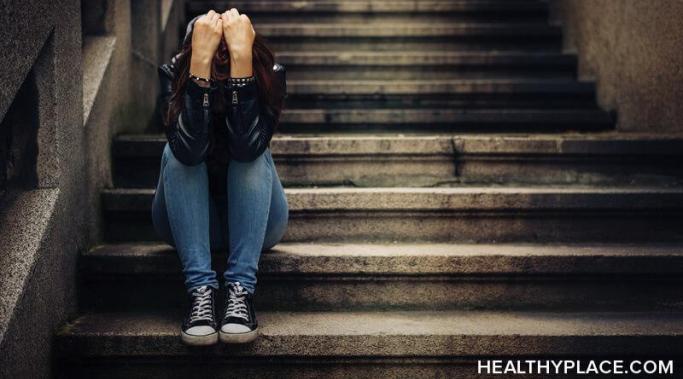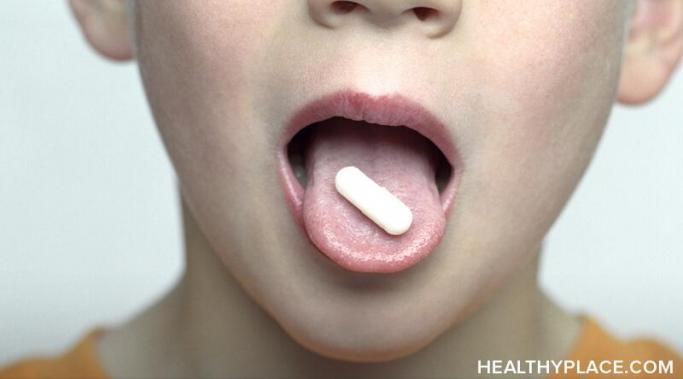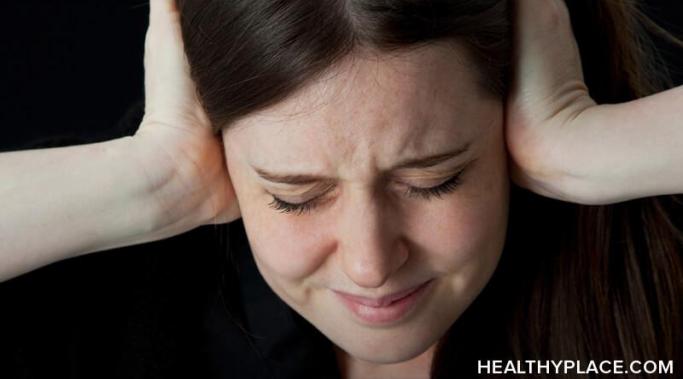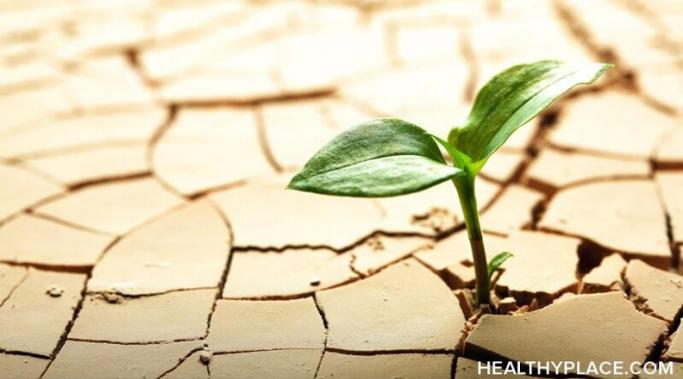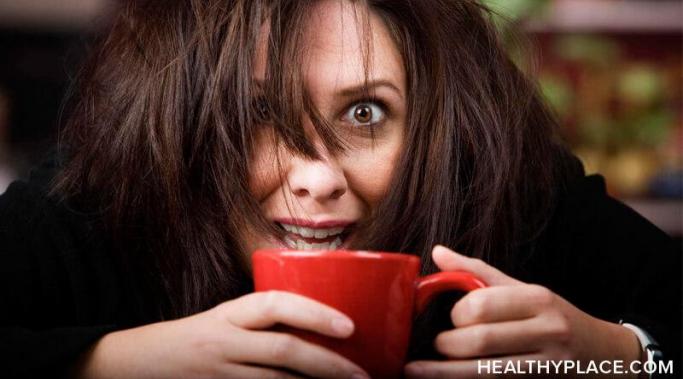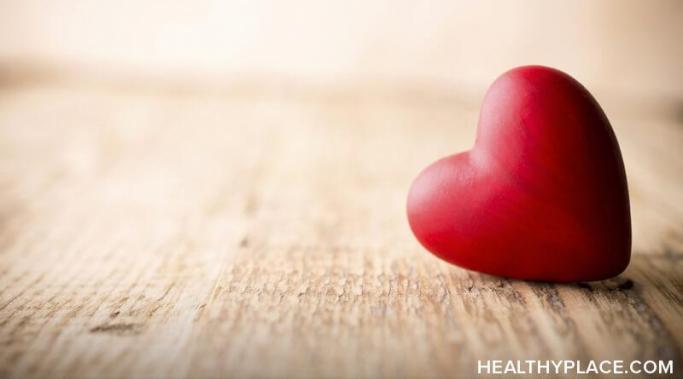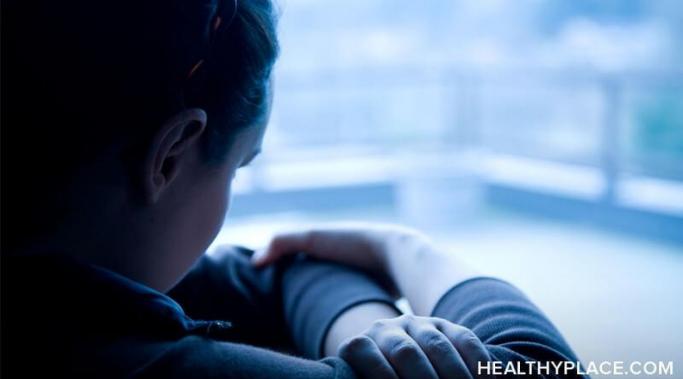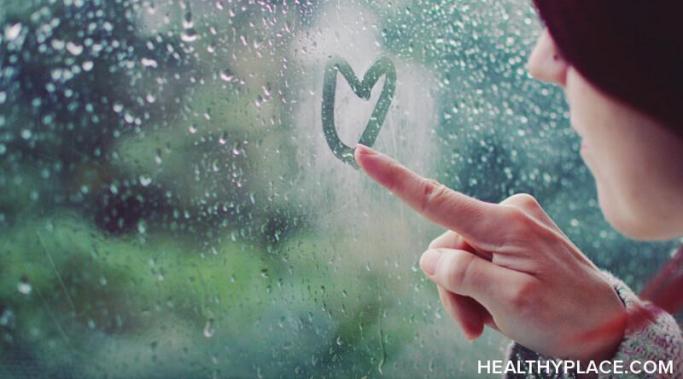I've suffered from anxiety since I was a child, although I didn't get diagnosed with an anxiety disorder until my late-30s. The often visceral symptoms of anxiety are hard enough for an adult to describe, let alone a child. The episodes I had as a child were scary, and while I tried to explain what was happening to my parents, they simply didn't know enough back then to help me. And so, I began to suffer my anxiety in silence.
Effects of Anxiety
I've been on antianxiety medication since 2001 when I was first diagnosed with anxiety and depression. Out of some odd compulsion or perhaps, shame from having to take drugs to manage my mental illness, I weaned off my anxiety medications three times since I began. The first two times, it ended badly. The last time, it ended in disaster.
My anxiety is, thankfully, well managed right now. But six months ago, my anxiety was so bad that I couldn't escape the intrusive thoughts that taunted me to end it all. I had intrusive thoughts of suicide.
There are some days when I am feeling particularly anxious that it feels hard to do much of anything, and feeling accomplished is practically impossible. Creativity is usually the first to go – anxiety tends to lead to intense bouts of writer’s block. But even outside of creativity, which is hard even when one feels okay, it can be hard to feel like doing much of anything.
I've been drinking an average of two cups of caffeinated coffee a day for decades. This is not a lot by some standards. I relished my first "cup of Joe" in the morning, appreciating the way it got me going. That second cup in the afternoon was the delicious pick-me-up I needed. I always knew that caffeine was a stimulant, but I never quite understood how caffeine affected my anxiety, if at all.
Talking openly about anxiety, or any mental illness, is a relatively new concept. For many, it can be a terrifying notion. It wasn't that long ago that psychiatric illnesses were not only a blight on the individual but on the whole family, as well. This is finally changing.
I was in my late 30s when I was diagnosed with generalized anxiety disorder (GAD). As a child of the '60s born of immigrant parents who survived both the Great Depression and World War II—each of them with their own harrowing experiences—I was raised with a don't-complain-pull-up-your-bootstraps-and-get-on-with-it mentality. As such, I grew up feeling unworthy of my anxiety.
Quite likely, you are well aware that self-care is vital for mental health, physical health, overall wellbeing, and quality of life. If you live with anxiety, though, it's also quite likely that practicing self-care in any way feels not just difficult but almost wrong somehow. Anxiety loudly tells us that self-care may be fine in theory or is good for other people but that it isn't something you can do, should do, or even deserve to do. Anxiety is wrong. Read on to discover the effects of anxiety that get in the way of self-care and to pick up some tips for self-care despite anxiety.
By default, I describe myself as an overall positive person. Despite that, I don’t always see myself in the most positive light, and my mental health plays a part in that. Things have been unstable because of it, and I often wonder if I will have anything resembling a positive future with my mind being how it is.
It's important to shift your self-talk when you're anxious because anxiety can (and usually does) make us painfully hard on ourselves. Any type of anxiety typically brings harsh self-judgments in the form of labels and negative self-talk. Often, it occurs so automatically and frequently that we almost get used to it and come to accept it as truth.
